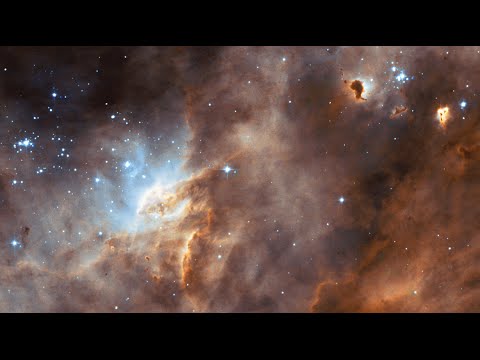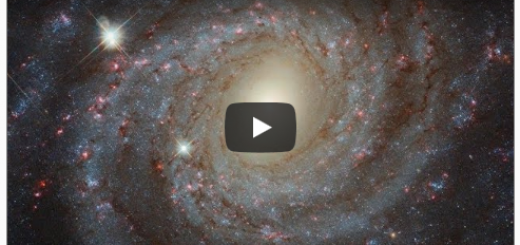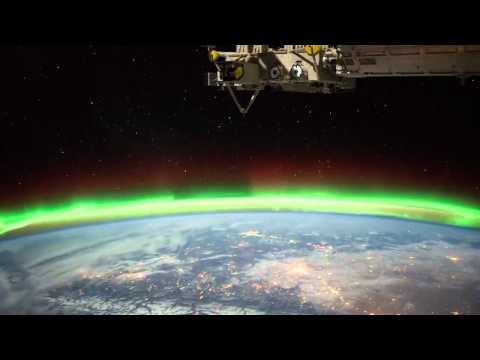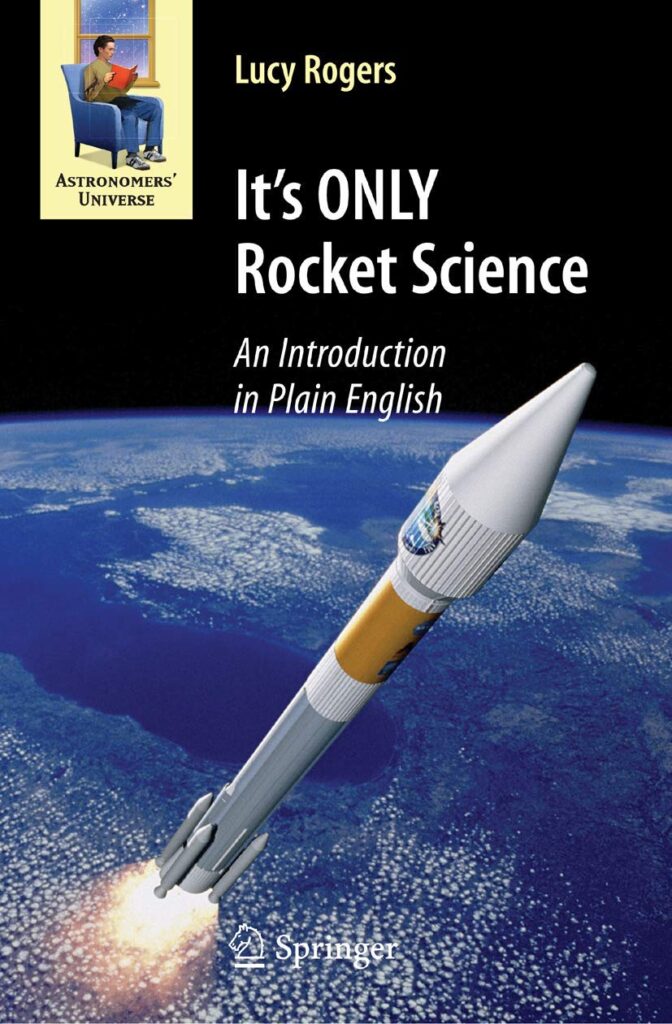Astronomers Discover New Exoplanet in Habitable Zone
Astronomers have made an exciting discovery in the search for potentially habitable worlds outside of our solar system. A new exoplanet has been found orbiting a distant star within the habitable zone, where conditions may be just right to support life as we know it.
The exoplanet, known as HD 21749c, was discovered by a team of researchers using data from NASA’s Transiting Exoplanet Survey Satellite (TESS). This spacecraft is designed to search for planets around nearby stars by monitoring changes in their brightness as planets pass in front of them.
HD 21749c is located approximately 53 light-years away from Earth, orbiting a star known as HD 21749. The planet is about 2.8 times the size of Earth and receives about 1.5 times as much light from its host star as Earth does from the Sun. This puts it within the star’s habitable zone, where temperatures could allow for the existence of liquid water on the planet’s surface.
The discovery of HD 21749c is significant because it adds to the growing list of exoplanets that may be capable of supporting life. While it is too early to say for certain whether the planet is habitable, its location and size make it a promising candidate for further study.
In addition to HD 21749c, the TESS mission has identified hundreds of other exoplanets since its launch in 2018. These discoveries are helping astronomers better understand the diversity of planets beyond our solar system and how common potentially habitable worlds may be.
As technology continues to improve, astronomers are hopeful that they will be able to study exoplanets in more detail, including analyzing their atmospheres for signs of life. The discovery of HD 21749c is just the beginning of what promises to be an exciting era of exoplanet exploration.
While we may still be years away from finding definitive evidence of extraterrestrial life, discoveries like HD 21749c bring us one step closer to answering the age-old question of whether we are alone in the universe. With each new exoplanet discovered, our understanding of the cosmos grows, opening up new possibilities for exploration and discovery.













